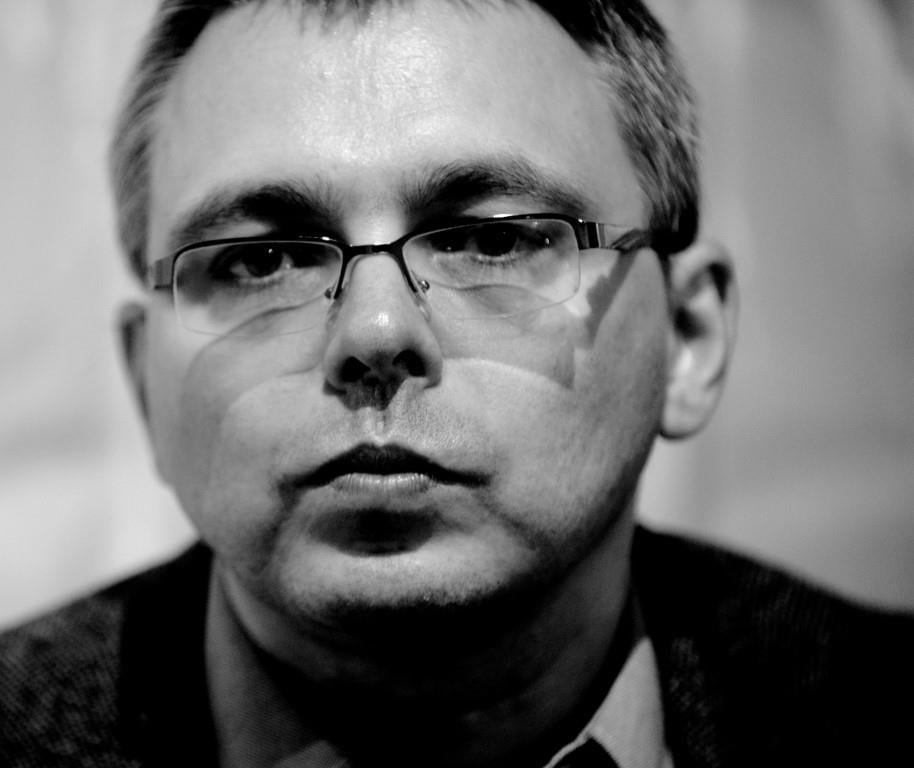
György Dragomán
György Dragomán was born in 1973 in the Romanian town Târgu Mureş. In 1988 he moved together with his parents to Hungary, where he studied English and Philosophy in Budapest and graduated with a study of Samuel Beckett’s novel »Watt«. He worked as a web designer, film critic and translator for the Hungarian edition of the magazine »Cinema«. In addition, he has translated works by Joyce, Welsh and Beckett into Hungarian.
With his début »A pusztítás könyve« (2002, tr: The Book of Destruction) Dragomán positioned himself on the literary stage as a brilliant and implacable observer of social violence, which in both its interpersonal and state-sanctioned barbarity forces an indifferent bestiality on the individual, the escape from which can only be grasped in brief, flickering moments of hope. In this dark vision of three days in the life of a young architect in the military, Dragomán describes his protagonist’s exile in a dilapidated, soulless prison town, the site of an unstoppable genocide. According to the author, his book »should ideally be read over three grey November days«, which reflects the novel’s origins. Dragomán’s angry and linguistically outstanding second novel, »A fehér király« (2005; tr: The White King), shows that the experience of suffering and the infliction of suffering depicted against the background of a dictatorial system constantly flow into each other, and that every potential act can be infected by the »Unrechsstaat« (lawless or unjust state). This novel won the author international acclaim. Told from the perspective of the 11-year-old Dzsátá, whose traumatic experience – his father’s arrest by the Securitate in the year of the Chernobyl disaster – is described at the beginning of the book, a breathless narrative unfolds about the era of the Ceauşescu dictatorship in Romania, the horrific as well as absurd aspects of which are rendered almost tangible in the childlike, disturbed perspective. The perfidy and brutality of the people around Dzsátá are reflected in his own behaviour, for example in his treatment of the little Iza, whom he rudely dominates, although this encounter had begun with the promise of a tender idyll. Dragomán’s sentences weave this »network of interconnected fates« in a »book full of hatred and contentiousness, curses and threats, and yet full of seductively musical language, a song to which one raptly listens« (FAZ).
Dragomán has won, among other awards, the renowned Márai-Sándor-Prize (2006) and the Márciusi Ifjak Prize (2008). The author lives in Budapest.
A pusztítás könyve
Balassi Kiadó
Budapest, 2002
Der weiße König
Suhrkamp
Frankfurt a. M., 2008
[Ü: Laszlo Kornitzer]
